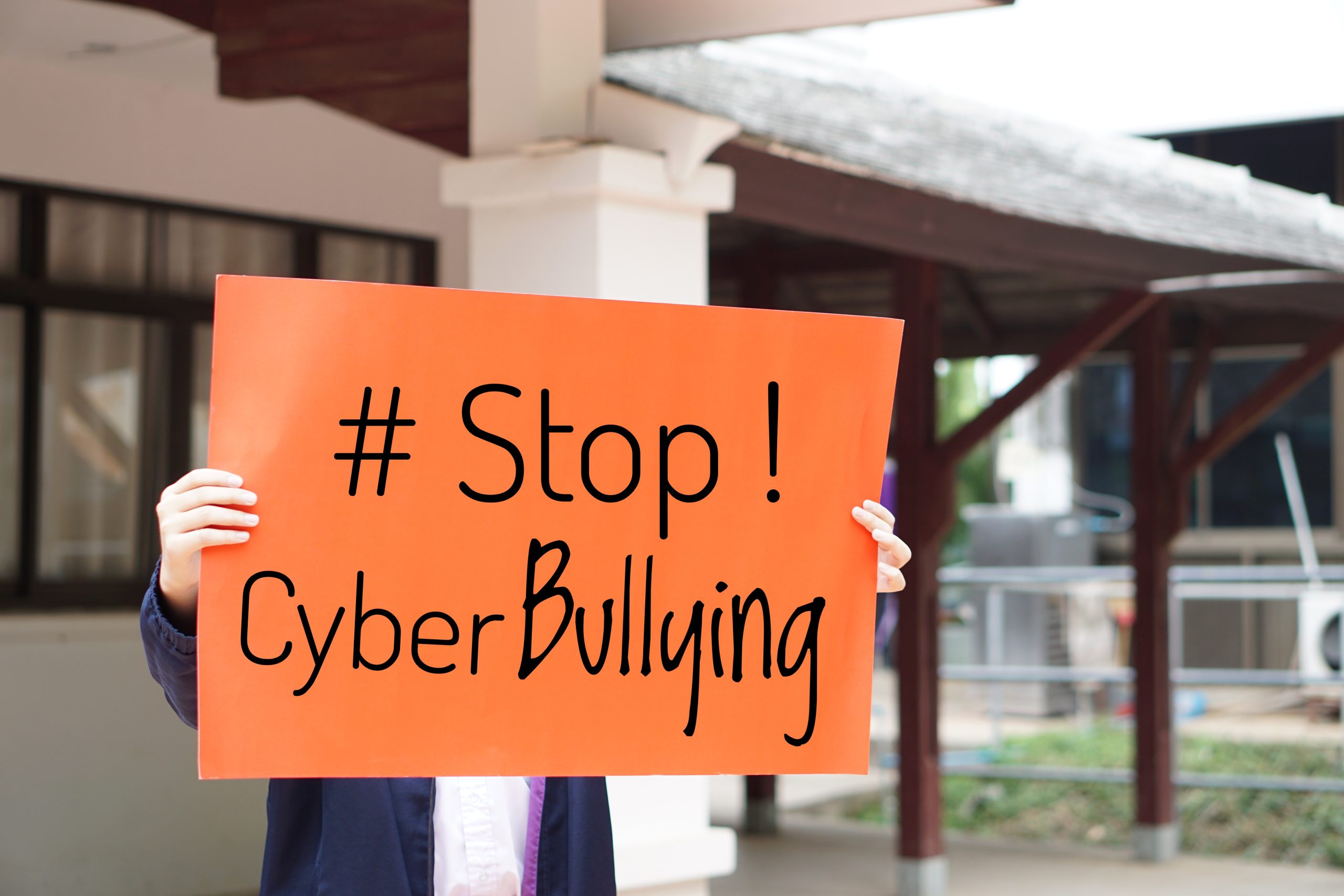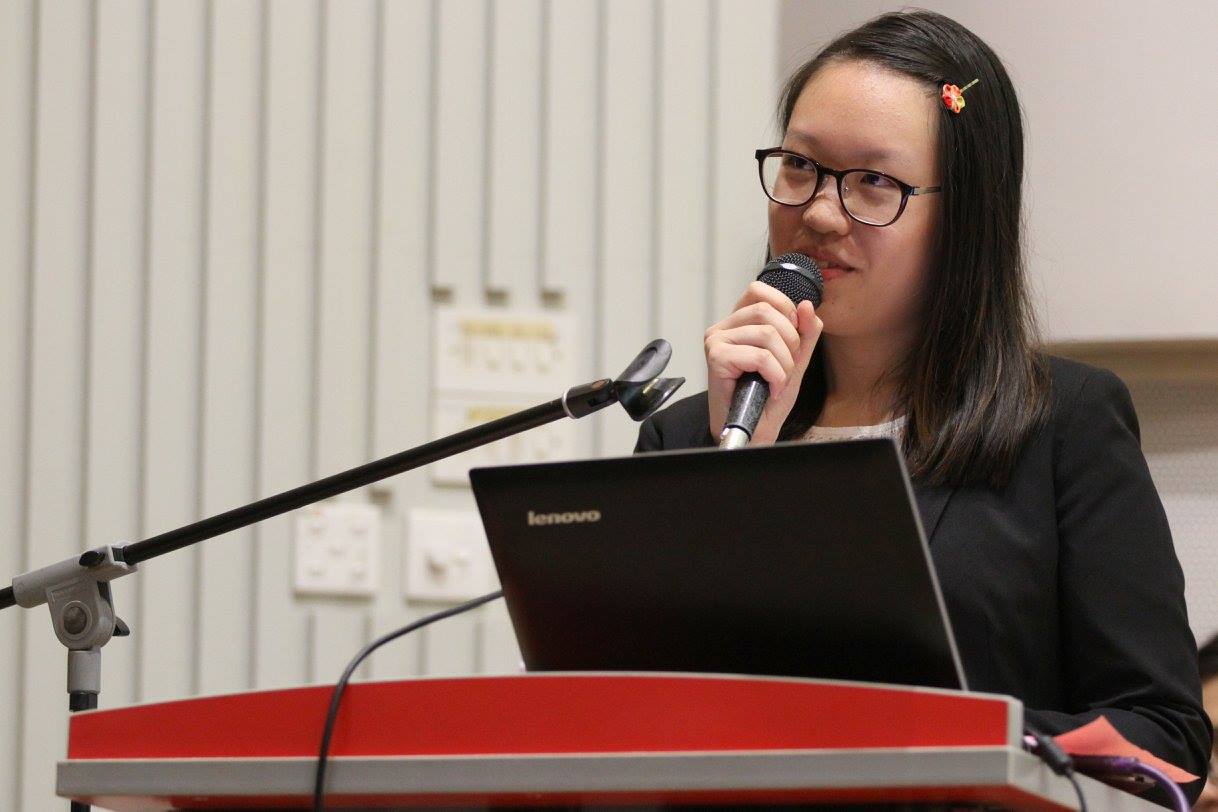The internet, social media, and online platforms have all become essential tools in our daily lives. With the number of social media users increasing over the years, so has cyberbullying. In fact, it is more rampant now as bullies can remain anonymous. Cyberbullying is one of the most common forms of harassment faced by young people and can have a detrimental effect on their mental health, relationships, and education. However, cyberbullying does not only occur within this demographic group. Adults, too, can be the perpetrators and victims.

The effects of cyberbullying can have a long-lasting effect on a person’s mental health.
According to Charisse L Nixon in an article titled “Current Perspective: The Impact of Cyberbullying on Adolescent Health,” cyberbullying refers to harming another person through the medium of information and communication technologies[1]. This includes sending abusive messages online – through text messages, posting invasive comments that crosses a person’s boundaries, uploading content with the intention to embarrass or humiliate, or threatening or intimidating another person. According to the Cyberbullying Research Centre, it can be defined as wilful and repeated harm caused by computers, mobile phones and other electronic devices[2].
The impact of cyberbullying can be overwhelming on a victim’s mental health, social life, education, physical and emotional state. Its effects on a person’s overall mental well-being should not be downplayed as it can be very distressing and long-lasting. Individuals who have been or are victims of cyberbullying have shown increased instances depressive symptoms, loneliness, suicidal behaviour, etc. There have been many tragic incidents caused by or linked to being a victim of cyberbully.
Cyberbullying has gained a lot of attention in Malaysia over the past few years, especially after a 16-year-old teenager’s suicide was linked to the results of a poll she posted on her Instagram page. The teen had posted a poll with two options, “D” or “L,” and it was speculated that she was asking her followers to vote “dead” or “alive”[3]. In that same year, another teenage girl jumped to her death after her boyfriend threatened to post her private photos on social media[4]. There were also several cases of suicide which were the result of nasty comments received on social media platforms such as TikTok.

Dihlvinder Kaur Gill, a senior lecturer from INTI International University’s Faculty of Business and Communications is optimistic knowing that Malaysian policy makers have amended the laws and a Bill on anti-cyberbullying which will be presented in Parliament in due course.
From January to June 2020, the Malaysian Communications and Multimedia Commission (MCMC) received a total of 11,235 complaints which included a range of cyber offences such as harassment and cyberbullying[5]. The MCMC also received 6,598 public complaints in general related to online harassment from the year 2020 to July 2021[6]. To witness the sheer number of incidents reported in less than a year is extremely concerning.
There have been discussions regarding the importance of creating awareness and enacting appropriate legislation to discourage and prevent online harassment. Based on our current laws, Malaysia relies on Section 233 of the Communications and Multimedia Act 1998 (improper use of network facilities). However, existing regulations alone may not be sufficient. Many internet users may struggle to even identify what cyberbullying is, or they may be unaware of the regulations and ways to protect themselves.
As of March 2021, it was reported that the Ministry of Communications and Multimedia (KKMM) is preparing a Cabinet paper on anti-cyberbullying laws[7]. In August 2021, it reports stated that the government is currently drafting these cyberbullying laws[8]. According to Malaysia Cybersecurity Outreach and Capacity Building senior vice-president Lt Col (R) Mustaffa Ahmad, with these specific new laws in place, the prosecution process for cyberbullying would no longer be based on other acts, including Section 233.
Meanwhile, Dihlvinder Kaur Gill, a senior lecturer from Faculty of Business and Communications at INTI International University, believes that having specific laws in place to deal with cyberbullying is crucial to increase public awareness and effectively prosecute offenders.

Malaysia should expedite the implementation of anti-cyberbullying laws to protect victims and to punish perpetrators.
She said the lack of a specific legal framework to deter cyberbullying is an issue that needs to be addressed with appropriate legislation, and there should be an ongoing review of the existing laws that govern and regulate the use of social media.
“Our neighbouring countries have made progress in passing laws to combat cyberbullying. Given that we live in a world where digital technology has transformed how people communicate and interact, I believe that the government should accelerate and concentrate on reviewing and improving the current legislative framework,” said Dihlvinder.
In her research paper titled “Malaysia’s Approach Towards Cyberbullying: The Existing Framework,” specific responses to cyberbullying in different jurisdictions were considered. One of the countries discussed in the paper was Singapore, where cyberbullying laws were implemented through the Protection from Harassment Act (POHA) enacted in 2014. In the United Kingdom, although there are no specific laws addressing cyberbullying, there are several legislations used to prosecute cases involving online communications. Ireland has also enacted a new Act relating to harassment and harmful offline and online communications through the Harassment Harmful Communications and Related Offenses Act 2020 (HHCR) passed in February 2021.
Dihlvinder mooted the idea that a good legal framework coupled with strict enforcement would help discourage ongoing cyberbullying. Other than legislation, society must also play a role in social wellbeing to prevent cyberbullying by cultivating good morality. Government agencies, non-governmental organisations (NGOs), education and private sectors can help to implement strategies such as raising public awareness, cultivating civic mindedness through education and social norms about the types of online behaviour coupled with community efforts and support could help eradicate cyberbullying in Malaysia.
“It is challenging, but I am optimistic that our laws and policy makers can make this a reality. Having our own anti-cyberbullying laws can safeguard victims and other online users and mete out appropriate punishments to the perpetrators. I am hopeful that a Bill will be presented in Parliament in due course,” she said.

Low Win Li, co-researcher and INTI International University alumni, feels that the lack of regulations and accountability on online platforms has exacerbated cyberbullying in Malaysia.
Her co-author, Low Win Li, a law graduate and INTI International University alumni, said that during a time when people are dependent on social media and there is a lack of regulation and accountability on online platforms, it is no surprise that cyberbullying has become more rampant.
“People are starting out on social media at a younger age now. While many do thrive on the validation received from social media engagement, many young people also suffer from the brunt of nasty experiences on the same platform,” Low said, explaining the purpose behind their research.
She added that while there is value in the advancements and improvements brought about by the online world, it is still even more important that users are protected. In their research paper, they explore statutes, cases, and suggest recommendations on how cyberbullying can be tackled both in a legal aspect and among communities.
Research on anti-cyberbullying laws in Malaysia is ongoing.
[1] https://www.ncbi.nlm.nih.gov/pmc/articles/PMC4126576/
[2] https://cyberbullying.org/what-is-cyberbullying
[3] https://www.theguardian.com/world/2019/may/15/teenage-girl-kills-herself-after-instagram-poll-in-malaysia
[4] https://www.nst.com.my/news/nation/2020/08/615846/penang-teen-leaps-death-after-boyfriend-threatens-viral-private-photos
[5] https://www.thestar.com.my/tech/tech-news/2020/08/12/mcmc-9983-of-11235-cybercrime-related-complaints-received-in-first-half-of-the-year-resolved
[6] https://www.thesundaily.my/local/p5-lead-jan-19-cyber-bullying-BC8774131
[7] https://www.mcmc.gov.my/ms/media/press-clippings/kkmm-preparing-cabinet-paper-on-anti-cyberbullying
[8] https://www.kkmm.gov.my/en/public/news/19761-govt-to-draft-law-specific-to-combat-cyberbullying-cybersecurity